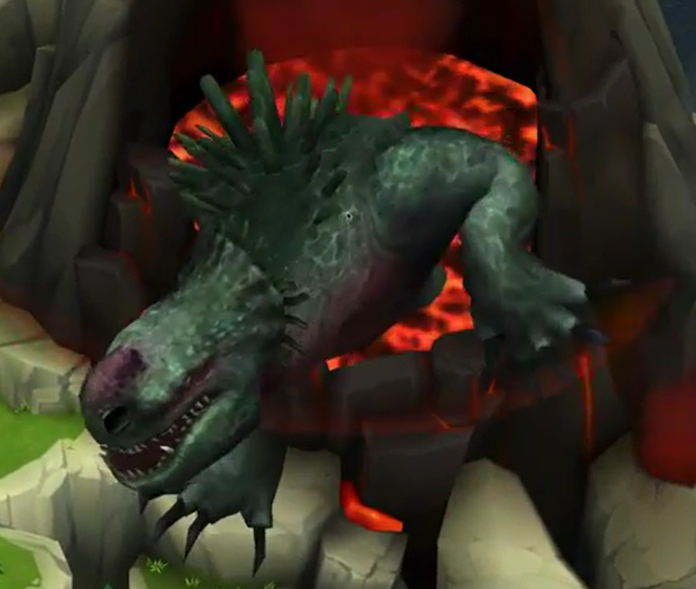
Some are purely recreational, such as an annual fishing tournament in Alaska designed to provide fresh air and socialization for service members. Much like the issue of food insecurity in military families, a network of military-adjacent charitable organizations has tried to fill the gaps with a variety of programs and outreach efforts. And those who seek help often find that stigma is not only real, but compounded by bureaucratic obstacles. Many soldiers fear the stigma of admitting to mental health issues within the internal military culture of self-sufficiency. But daunting long-term challenges remain.
IS RISE OF THE REDS DEAD HOW TO
Last year the Army issued fresh guidelines to its commanders on how to handle mental health issues in the ranks, complete with briefing slides and a script. “It is imperative that we take care of all our teammates and continue to reinforce that mental health and suicide prevention remain a key priority,” Austin wrote in March. But Austin has publicly acknowledged that the Pentagon’s current mental health offerings - including a Defense Suicide Prevention Office established in 2011 - have proven insufficient. The Pentagon did not respond to repeated requests for comment. Video: Fort Myers families walk for military suicide awareness In longtime suicide hotspot postings such as Alaska – service members and their families contend with extreme isolation and a harsh climate – the rate has doubled.

In March, Defense Secretary Lloyd Austin announced the creation of an independent committee to review the military’s mental health and suicide prevention programs.Īccording to Defense Department data, suicides among active-duty service members increased by more than 40% between 20. “It's a wonder how I made it through,” she said. But she had to fight for years to get the help she needed. Williamson, 46, eventually found stability through a monthlong hospitalization and a therapeutic program that incorporates horseback riding. And what comes next can be frustrating and dispiriting. For most, simply acknowledging their difficulties can be intimidating. Something’s wrong.’"Īs the Pentagon seeks to confront spiraling suicide rates in the military ranks, Williamson’s experiences shine a light on the realities for service members seeking mental health help. “I went to my captain and said, ‘Sir, I need help.

“It’s like I lost me somewhere,” said Williamson, a Navy lieutenant commander who experienced disorientation, depression, memory loss and chronic exhaustion. More warning signs appeared during several years of subsequent overseas postings. WASHINGTON (AP) - After finishing a tour in Afghanistan in 2013, Dionne Williamson felt emotionally numb.


 0 kommentar(er)
0 kommentar(er)
